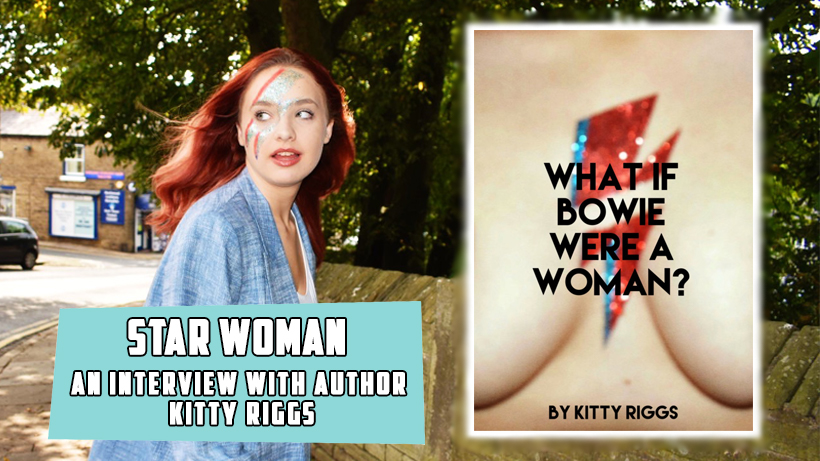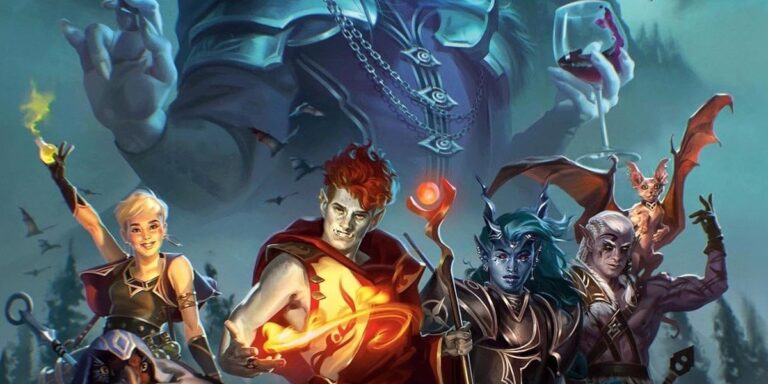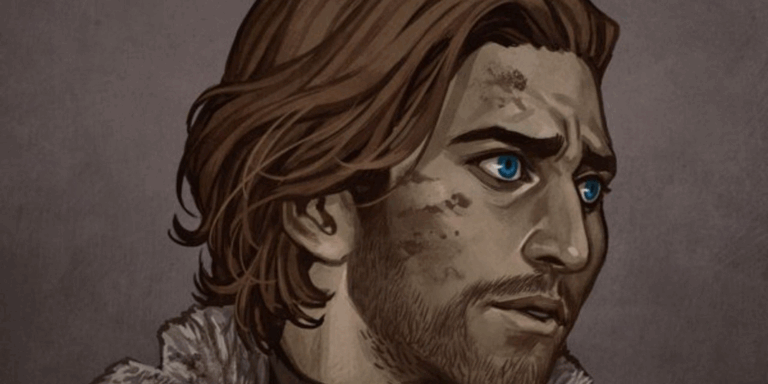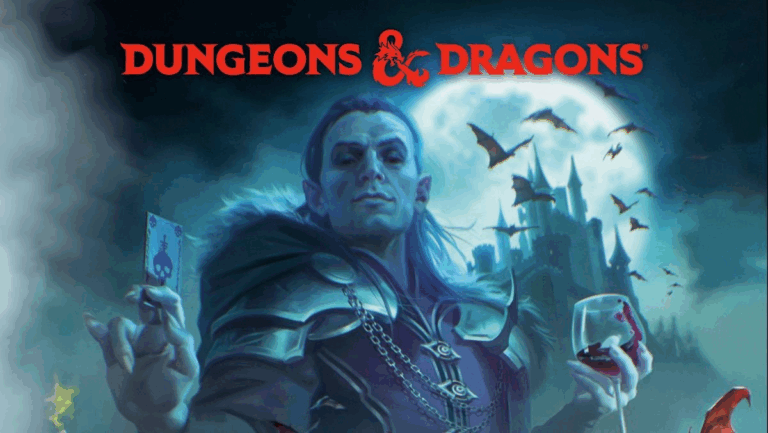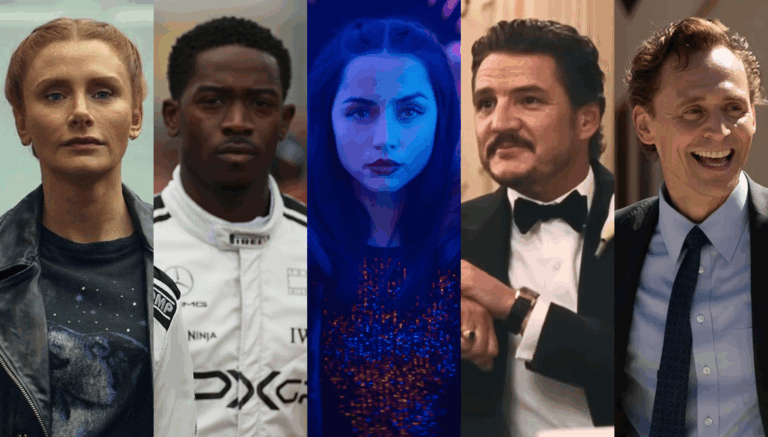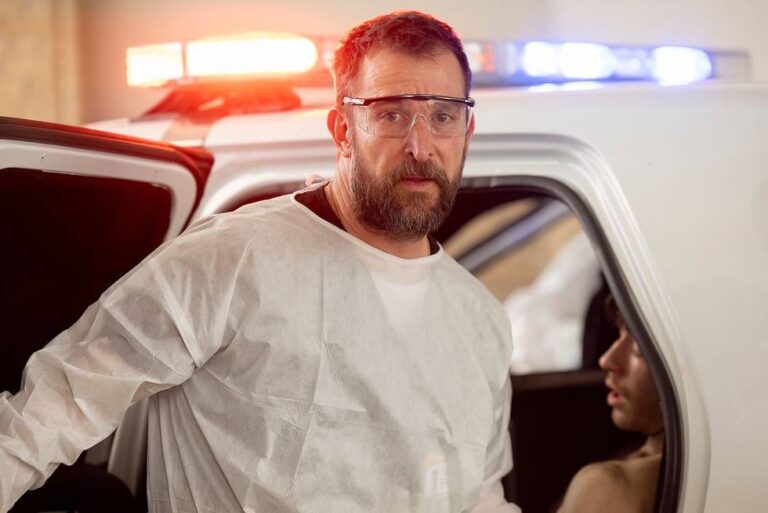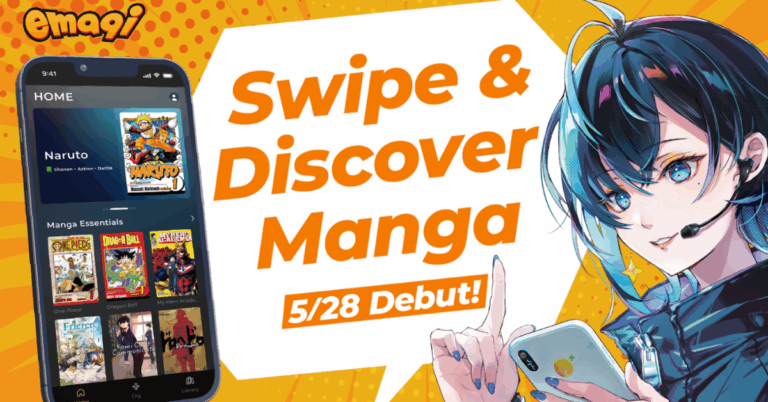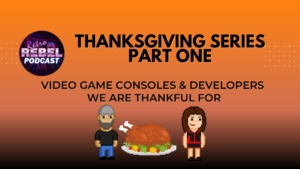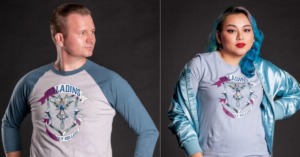A glittered lightning bolt plastered onto a woman’s bare chest. A spine covered in the colors of the rainbow, daring you to pick it off the shelf. A back cover boldly advertising the phrase, “WARNING: This book contains a successful woman.”
That is what advertises debut author Kitty Riggs’ question: What If Bowie Were a Woman?
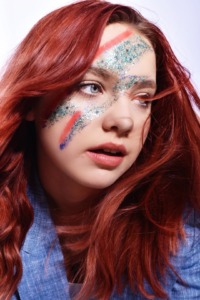
Riggs is a twenty-year-old, “cowboy boot wearin’, David Bowie obsessed” author and photographer from Manchester, England, the loud and proud voice behind WIBWAW. In between running clothing boutique Moulina with her mother and managing its online shop, she writes furiously, and even through the current global pandemic, she managed to release a book asking a question no one has ever really dared to: would David Bowie have risen to such heights if he’d been born a woman?
David Bowie is, unquestionably, one of the biggest musical stars of our generation or any – the voice to movie soundtracks, car rides, and grocery store trips the world over. His work is ubiquitous and all-reaching, and Riggs strove to make the best of her lockdown by telling the story of Penny Jones, the female ‘alternate universe’ version of our beloved Starman. It’s a story of success, hardship, and the unseen “everyday sexism” that plagues women around the world, and Riggs herself is just as tough and as fascinating as the character she’s created on the page.
You’ve self-described as someone who prefers music over books, so what does being a writer mean to you? What pushes you to express yourself in that kind of medium?
Being a writer is all I’ve ever known. I guess I feel the most ‘me’ when I’m a writer and the closest to my ‘childhood’ self – so my ‘original’ self, if that makes sense? I think being a writer takes all the other shit away from me and my personality. There’s no hate or jealousy or doubt when it comes to being a writer. The world hasn’t tainted that, where it might’ve tainted myself. My writing happens and comes out of me whether I’d want it to or not, so I never really have to try that hard to write. I’m completely ruled by it, mentally and physically. I don’t sleep for weeks if I’m on the verge of cracking a new project – you’d think after twenty books and eight solid years of writing [unpublished] novels, I’d be used to the physical symptoms of writing, but I’m not!
I know you’re also a photographer in addition to being a writer, so do you think it’s important for artists to have their hands in multiple mediums? What about photography calls to you as much as writing does?
YES. People ask me how I get out of writing funks or keep myself inspired, and other formats are the answer to this. I think getting out of the technicalities of your format and just focusing on the creativity of another medium is like medicine to the creative soul. Forgetting about how you write and the rules of writing, and getting behind a camera always helps me. You see things differently. I think it also makes you want to create, which is essential.
Photography is also something I’ve always done. My parents LOVE walking, and to keep me occupied as a child, they’d give me a camera and I’d just photograph the flowers! Which is quite ironic, because I now hate nature and landscape photography. I adore photographing people. Capturing a moment that will never happen again? Yes please, that’s magic!

Obviously, in the weird “girl boss” culture we’ve developed in non-male cultural circles, people put heavy emphasis on the importance of women creating art and making their voices heard, but sometimes it can feel like kind of an inane shout into the void. Do you embrace the label of “female artist”, or would you rather people just forget that you’ve got tits and treat you just the way they would anyone else?
This is such a tough question. I do feel that, with the nature of my book, I’m bound to be labelled as a ‘female artist,’ and I don’t have a problem with that. I love being a woman, it’s my favourite thing to be, and I’m so proud to be a female artist. Being a woman in any industry is tough, so I see it as a badge of honour to be honest. I’m more than just a ‘female artist’, though, but I think that’s where the grey area is.
Being a woman is such an essential part of me and my career – I also want to help pave the way for other women, so I don’t want them to fear or be ashamed of the ‘female artist’ label. I don’t want it to restrict them in any way or intimidate them to start in the first place. I think we should work on giving the ‘female artist’ tag a better reputation. Show women how amazing it is to be a ‘female artist,’ rather than showing them cases of women only labelled with that description. We will always be ‘female artists,’ but that’s not all we’ll be. ‘We’re more than p*ssy’s,’ as Penny says!
Where do you primarily get your inspiration from? Who are the people and what are the things that mean the most to you creatively?
MUSIC. FASHION. PHOTOGRAPHY. Add them together and you get rock’n’roll, so I guess that’s my answer! Most of my idols are male musicians, but it’s got nothing to do with the dick between their legs. I just like their music or style. Dave Grohl, David Bowie, Liam Gallagher, Michael Hutchence, and John Cooper Clark, to name a few.
Patti Smith is my favorite: woman, punk, poet, artist, singer – favorite bloody everything! She’s just an endless source of creativity.
All those people are great, and in terms of inspiration, they just remind me to keep going. That’s it really. I never need anything to inspire me to write, I adore writing, and so will always do it. But I need reminding every now and then how magical this creative world is. In terms of the things that mean the most to me creatively, it’s my happiness. I’m an utterly selfish writer. I only write for myself, that’s it. Point blank – it’s my only rule. I write the book I want to read. So, my own happiness, and whether I’m enjoying the book is what means the most to me.
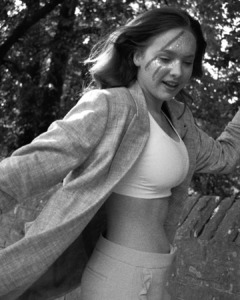
Do you have a process when it comes to writing? Do you bother to plan, or are you like me and just fly by the seat of your pants and hope to God your characters say something clever?
I think me and you would get along very well. We’re the same. I have no idea what I’m doing. I’m convinced my writing is magic, actual magic, because most of the time I don’t even remember writing what I just wrote! My mind whirs and whizzes, and never bloody shuts the hell up — the only time it does is when I’m writing. I’m almost unconscious, and the words just fall out of the sky and into some kind of cohesive order for me to sift through!
I never plan my books, I always just start with a ‘message’. I have to be moved enough by a ‘message’ or some sort of theme and I focus on that.
I’m not going to ask if you could’ve written “What If Bowie Were a Woman” with any other (genderbent) rock star as the protagonist, given your clear love for David Bowie and his work. But I’m interested to know your history with him; did you grow up with his work, or was it something you came to when you were older? What do you love about him that everybody should know about?
I did question someone else [briefly]. I thought about Elvis or Prince, but I don’t like them nearly half as much, so it wouldn’t have worked!
I grew up with [Bowie]! Me and my dad would sit outside, under the stars at night and he would play me ALL SORTS of music. From Chris De Burgh, to Radiohead, to Meatloaf, to INXS. Literally allsorts! I obviously loved a good story when I was a kid, so my dad would play me the music and maybe tell me a story about the band or the lyrics or the song. And he’d tell me this story about this alien who’d come down to Earth to save us all, and I just thought: HOW F**KING COOL. I was obsessed with the story, and of all the stories it stuck with me. I didn’t really make the connection [between] the story and the Ziggy Stardust album (I was about seven at this point), but did when I was a young teen, and the rest is history.
He’s always been deemed as something [of] a God-like figure in our house. My mum, dad and brother all have slightly different tastes in music; but we all love Bowie.
I’m interested in knowing just what sparked this project, because I’ve noticed so much of a gendered divide in the way people interpret Bowie’s work. It seems like it’s work that’s gatekept so much by men, who think if you don’t know who played four seconds of guitar on this one random single from 1967, you can’t possibly be a real fan. Was any of that kind of gatekeeping and attitude around David Bowie (or other classic artists) specifically an influence on your work? What were your other motivations for writing it, if any?
I’ve encountered a lot of that kind of gatekeeping since releasing the book. I am a big fan of Bowie, but I don’t claim to be the biggest and I’m fairly open when I say that I don’t care about facts and figures. While I love his music, I love him as a person more; I’m much more fascinated by his personality, character and motives than I am his music. So, random facts don’t interest me, I’d much rather talk about the way he stands or the way he thinks. I think some people forget he’s human, and I get it, because he’s so god-like or alien-like, but he’s a human with emotions and I’m fascinated by them. That was certainly something I wanted to get across, more of him than his music.
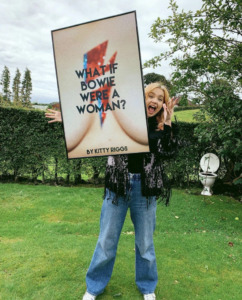
In terms of motivations for writing the book, it was originally focus[ed] on gender and stereotypes. I find it mad that it’s stereotypes that control so much of our gender identity in our society, and that these stereotypes cause serious harm, especially to women. Bowie is a messiah of gender; because of his androgyny, he’s already a digestible female character, which meant that the reader could focus on the topic of gender instead of spending their time trying to picture him with a vagina. I thought that would be pretty handy.
Penny is a solid example of how women are fundamentally mistreated in the music industry – as well as pretty much every other professional industry in existence, particularly artistic ones. Is there any of your own experience as a young female artist in Penny?
I started doing gig photography for over a year and was treated like shit. On two separate occasions, I was asked if I was just here to f**k the band. When I approached a male member of staff to tell him I was on the guest list, he replied: ‘It must be a great way to get free tickets and sleep with the band.’ You don’t get treated seriously, or respected. My experience was harmless, compared to some of the harrowing stories I’ve heard of sexual harassment, however the fact that I was a woman still made my job ten times harder than that of a man. Even simple things like arranging a lift as close as possible to the venue [make it more difficult], because they’re usually city centre, late night events, and a woman with a camera just isn’t safe.
So, there’s a bit of that in there, but I think [it’s] just more generally my experience of just being a woman. I call it ‘everyday sexism’, you know the kind. The low level hum of sexism that we, as women, experience every single day, and sometimes we don’t even notice! How shocking is that! But I wanted to translate that into the book and talk about sexism in small moments, like the odd comment, to sexism at large – like sexual harassment. I personally don’t think we can change the larger acts of sexism until we deal with the ‘everyday sexism’ that happens at the core of our daily lives. Pulling up your brother for slut-shaming some girl on the telly, for example, is something we can do, and it’ll slowly start changing his behavior and hopefully (painfully, over time) it might help change the way our men view women.
You also chose to self-publish this book rather than pitch it and wait forever to get a publisher to buy it. That almost feels appropriate for Penny’s story, a woman getting her art out into the world by any means necessary, The Man be damned. Was that an important part of this process for you?
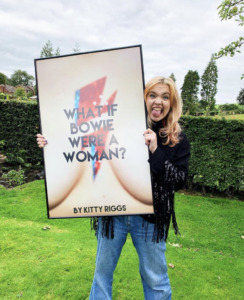
I’m really glad you said that, because it was a conscious decision. I felt like a liar. How could I write about ‘sticking it to the man,’ and doing it yourself, and then sell my soul to a publisher? It felt almost unethical of me. My work needed to come out, and time felt of the essence. I’m more than happy with my decision, I wouldn’t change a thing about self publishing, and I am self publishing again. I find it SO exciting that I can just put a book out there, no rules, no contracts – nothing but my pure art. If I have an idea, I can make it and put it out there. How cool is that?
It’s been incredibly tough for a lot of creatives to produce things, let alone promote them during this bizarre time we’re all living in. Did you feel any of that pressure when it came to finishing WIBWAW or promoting it? Or was the passion behind getting Penny’s story out into the world enough to keep you from burning out around the edges?
Something that I kept reminding myself when things got a little tough was the fact that I’d come so far. I think when it comes to creating a book, and with self publishing, you don’t just write the book, but you really do create it – cover to cover. There’s an element of: if you can put your body through this, you must know how good it is, otherwise you wouldn’t have put yourself through the heartache of it all. I CLUNG on to that for dear life and it got me through.
And, because I have to ask this of every Bowie fan I meet: do you have a favourite album or song of his, or one that means a lot to you?
Ziggy Stardust will always have that special place in my heart, and it is an OUTSTANDING album. I found the song ‘Seven’ a real comfort, yet an absolute heartbreak during lockdown too. Plenty of tears with that song playing recently.
Are you working on any new projects? Can you give us a brief peek into any of them, if at all?
I am, I always am, I can’t sit still! I’m working on something really different that’s been three years in the making. I’m loving it; it’s so creative, so it’s a real outlet at the moment. Because it’s also totally different, I’m feeling smug already knowing I’m going to surprise you all! Feels very David, if I do say so myself!
What If Bowie Were a Woman? is available on Amazon and through the Moulina boutique. You can find Riggs on Instagram @kittyriggs_.
For more interviews check out:
Darrington Press, A New Venture from Critical Role
B. Dave Walters’ new project “Dear America, From a Black Guy”

